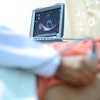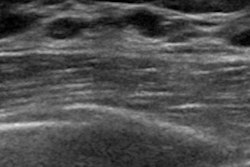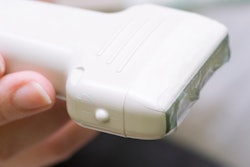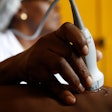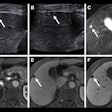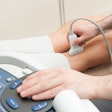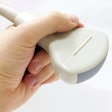Dear Ultrasound Insider,
Breast density has come to be recognized as a risk factor for breast cancer, in part because cancers in dense tissue can be missed on mammography. To address the problem, more than 30 states since 2009 have passed legislation that requires women to be notified of their tissue density and/or advised of supplemental screening options.
But are the notifications actually effective? It may depend on what's included in the letter, according to a new study we're highlighting in this Ultrasound Insider. Find out more in our Insider Exclusive.
After you've read our featured story, take a look at what else is going on in the Ultrasound Community:
- A study published this week in JAMA Internal Medicine took a critical look at the effectiveness of supplemental breast ultrasound in women with dense breast tissue.
- Discover why lung ultrasound could beat chest x-ray for detecting heart failure and why the technology is also practical for diagnosing lung disease.
- It turns out professional football players can develop heart abnormalities years after they retire. Read how echocardiography can help keep them healthy.
- Get the scoop on why professional ultrasound organizations are lobbying the U.S. Food and Drug Administration to remove the "black box" warning for ultrasound contrast agents.
- Is it possible that automated breast ultrasound is more accurate than digital breast tomosynthesis for diagnostic workup of positive mammography findings in dense tissue? Egyptian researchers believe it is.
- Learn how advanced ultrasound techniques can improve thyroid nodule diagnosis.
If you have a comment or report to share about any aspect of ultrasound imaging, I invite you to contact me.


